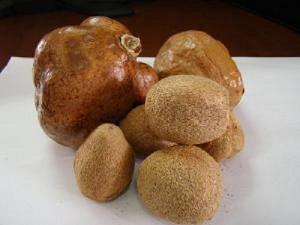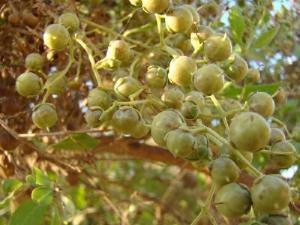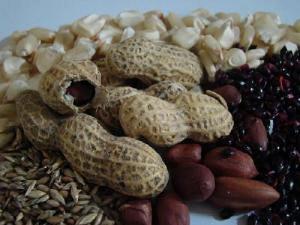Hoda Abdelateif Yacoub
The project aims to act as a sustainable production unit for seeds and seedlings of target species, and by identifying the most promising production and cropping strategies through utilization wealth of indigenous knowledge that exists on how to deal with climate variability and risks, combined with scientific research applied in the area and deal with related issues.

Conservation of habitat and natural resources is the work strategy of Allaqi as one of protected areas in country, but this is not adequate to face the natural constrains and for sustainable conservation of habitat and threatened species particularly in present of reverse conditions as drought, overgrazing, overuse and low environmental awareness. Agro pastoralism is able to cover this gab by: Acting as sustainable production unit for seeds and seedlings of target species, and by identifying the most promising production and cropping strategies through utilization wealth of indigenous knowledge that exists on how to deal with climate variability and risks, combined with scientific research applied in the area and deal with related issues.

Simply, for the sustainable species and habitat conservation two actions are required, first, sustainable production mechanisms for species achieved through the agro-pastoralism techniques which provide the opportunity for restoration and re-habitation of threatened target species, second, adaption with reverse conditions which also can be achieved through the agro pastoralism by making the Bedouins "self-sufficient" of their food and fodder and improving their capacity to mitigate the effect of regular droughts. Other objectives can be obtained from Agro pastoralism technique as:

1) improve the efficiency for the in-situ conservation,
2) improve the productivity of land,
3) insure the effective implementation of management plans for habitat, species action plans and species recovery plans,
4)give an opportunity for intensive land management using of the advantages of the biological interaction,
5) regulate the use of wildlife populations and ecosystems by local stakeholders (communities' management) and at the same time enhance the resource productivity (livelihood alternatives),
6) promote mechanisms which support the Bedouins against struggles in the face of low grazing resources and increase their capacity to adapt with climate stress
7) help Bedouin communities to become aware of problems related to their habitat as degradation of natural grasslands due to their traditional nomadic system.
The Agro pastoralism also achieve one of IUCN aims which related to contribution to solutions that conserve the biodiversity, while at the same time ensuring that people’s livelihoods are improved in a sustainable way.